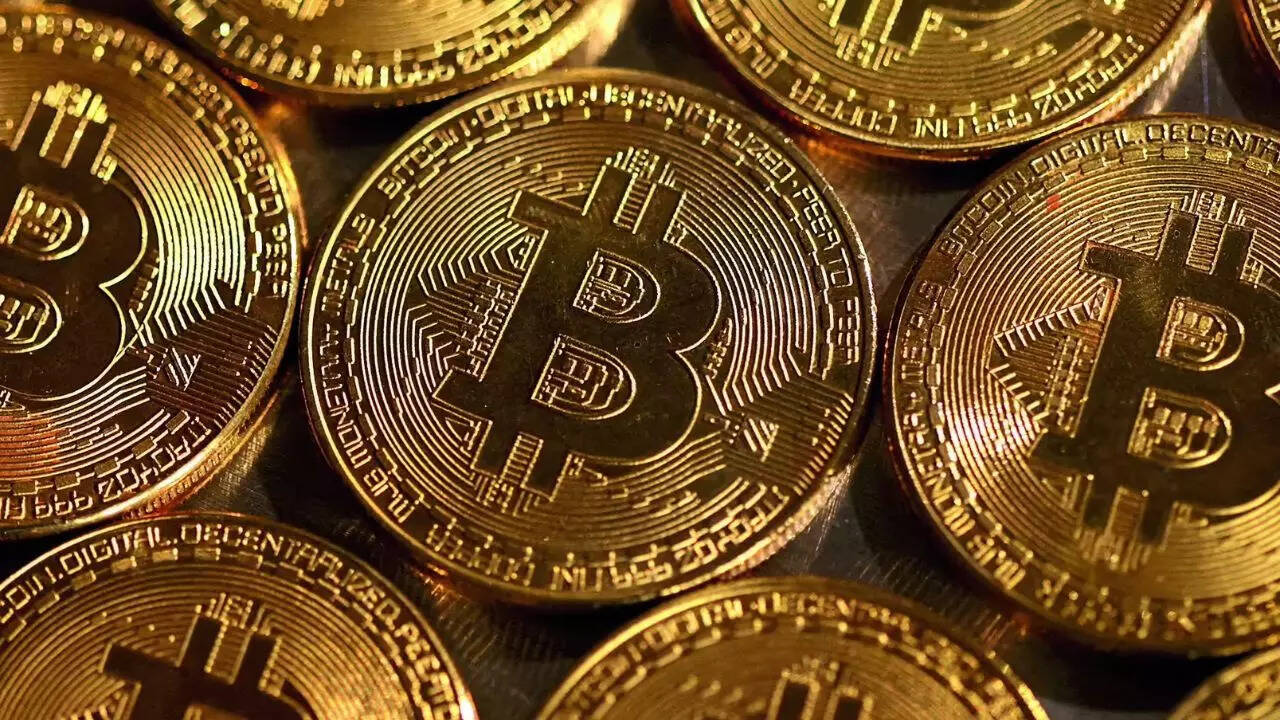Bitcoin touches $120,000 for the first time; investors eye key US crypto bills; digital currency up 29% so far this year

Rising trade tensions dominate as Trump threatens steep tariffs on the EU and Russia, risking major disruptions to global trade and economic stability.

All major sources, one page
Feel the mood behind headlines
Know what’s trending, globally
Get summaries. Save time
8,482
116
204
2 hours ago
Stay sharp in 60 seconds. Get concise summaries of today’s biggest stories — markets, tech, sports, and more
All major sources, one page
Feel the mood behind headlines
Know what’s trending, globally
Get summaries. Save time
8,482
116
204
2 hours ago
Stay sharp in 60 seconds. Get concise summaries of today’s biggest stories — markets, tech, sports, and more